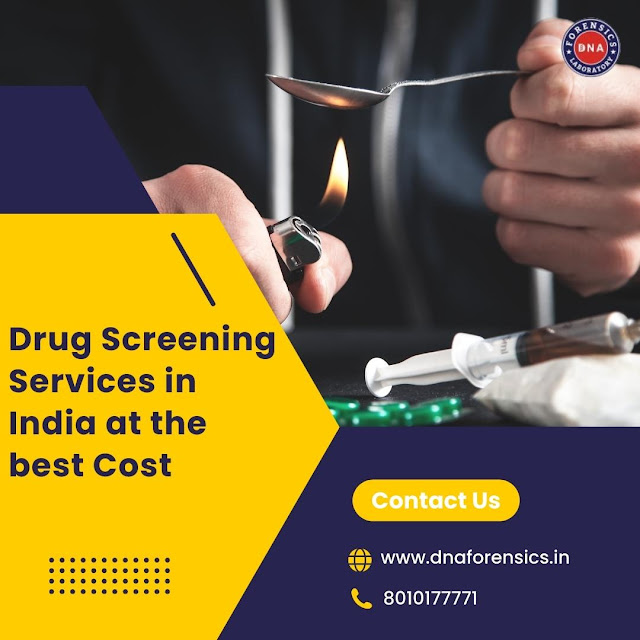How Accurate and Reliable are Nail Alcohol Tests?
Nowadays, the demand for accurate and dependable methods to detect alcohol consumption has become vital. Among such methods that have earned prominence is nail alcohol testing. This innovative testing method uniquely assesses an individual's alcohol usage over a vast period, making it an important tool for different industries, such as law enforcement, rehabilitation, and workplace compliance. In this blog, we will explore the advantages and applications of alcohol nail tests.
How Does Alcohol Nail Testing Work?
The method of alcohol nail test involves several critical steps:
- Sample Collection: A small nail is clipped, typically from the fingernail/toenail. Ensuring the sample is taken from hygienic and healthy nails is essential, as infection can cause incorrect results.
- Lab Analysis: The collected nail sample is sent to a lab for a comprehensive analysis. The lab utilizes advanced techniques such as mass spectrometry to see the presence of EtG & FAEE. The levels of alcohol biomarkers indicate the extent of alcohol consumption.
- Interpreting Results: The results of the nail alcohol testing are typically reported per milligram (ng/mg) of the nail. An increased concentration of EtG and FAEE suggests more elevated levels of alcohol consumption over the testing period.
Benefits of the Nail Alcohol Testing
The alcohol nail test provides several distinct advantages over conventional testing methods:
- Long-Term Detection: Among the most significant advantages is its capability to detect alcohol usage over a vast period. This feature is especially valuable in cases where understanding an individual's historical alcohol consumption is important, such as in legal cases or rehabilitation programs.
- Reduced Tampering: Unlike urine or breath tests, which can be easily manipulated, alcohol nail tests are harder to tamper with. Once the nail has developed, the proof of alcohol consumption is effectively permanent until the nail is clipped away.
- Non-Invasive: Nail alcohol testing is non-invasive and painless, making it an appealing choice for people who may be worried about traditional testing procedures.
- Wide Applicability: This testing process can be applied in different contexts, such as probation requirements, employment screenings, and monitoring of individuals in rehab programs.
Applications of the Alcohol Nail Test
Nail alcohol testing has different applications across various sectors:
- Rehabilitation Programs: In rehab settings, this test helps monitor customers' alcohol usage over time, guaranteeing that they adhere to their treatment programs.
- Legal Situations: In legal contexts, an alcohol nail test can offer crucial proof regarding a defendant's alcohol consumption history, helping in cases like DUI offenses.
- Workplace Screening: Many institutions use this test to guarantee employees support a sober lifestyle, especially in safety-sensitive positions where impairment could lead to mishaps or accidents.
- Probation & Parole Monitoring: For people on parole or probation, regular alcohol nail testing can serve as an adequate compliance instrument, offering authorities proof of commitment to alcohol abstinence requirements.
Why Choose Us?
DNA Forensics Laboratory Pvt. Ltd. is one of the leading and reputable companies for DNA test services. At competitive costs, we offer highly accurate, dependable, and conclusive alcohol nail tests in India. We are the only private Indian company that offers court-approved DNA tests.
With 400+ collection centers nationally and internationally, we aim to make the process as suitable as possible for you. We provide the test results within 12-15 business days.
If you have more questions about nail alcohol testing, call us at +91 801017771. You can also send messages on WhatsApp number at +91 9213177771.



Comments
Post a Comment